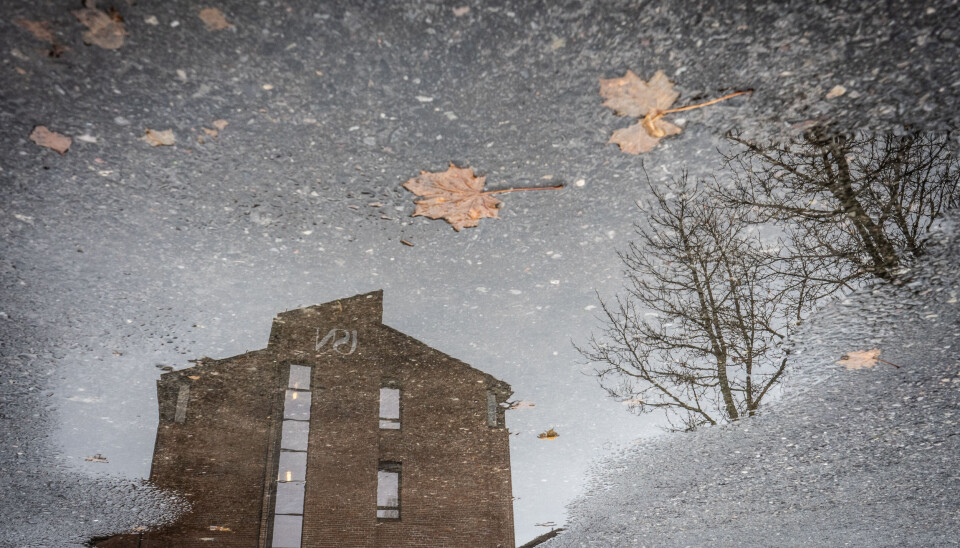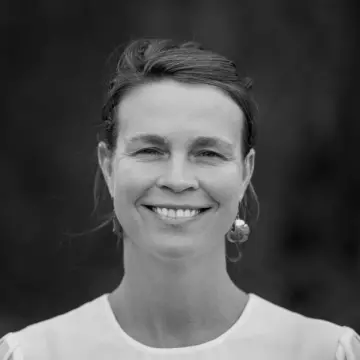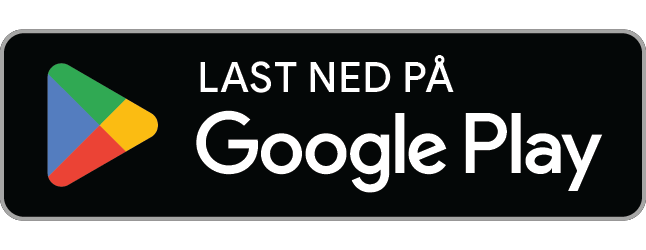Debatt ● bieke gils
A missed opportunity?
The need for critical examinations and constructive dialogues in creating socially sustainable university futures.

OBS! Denne artikkelen er mer enn tre år gammel, og kan inneholde utdatert informasjon.

Denne teksten er et debattinnlegg. Innholdet i teksten uttrykker forfatterens egen mening.
DECOLONIZATION| It has been just over a year since a group of outdoor life (friluftsliv) students at the University of South-Eastern Norway sent a letter to their teachers and asked them to examine their curriculum critically. More precisely, and like many university students worldwide, they demanded a decolonization of the curriculum by means of more conscious reflection and examination about what is being taught, as well as inclusion of more non-western perspectives. While they were trying to create a platform that would allow for respectful discussions about structural inequities and racism, tied to both the global anti-racism movement context and their local university context, their efforts and energy did not immediately find fertile ground.
The small and well-orchestrated seminar (fagkritisk dag) they had planned in an attempt to open up discussions about racial inequities in and outside the local and global university, and for which day they had recruited a number of very competent academics, also has not (yet) taken place. In this piece I explain why taking up the critical discussion the students so vehemently advocated for is very timely and will become increasingly important for teachers and students at both smaller and larger universities.
The demand for altered university curricula so that a wider range of perspectives can be included, heard, and actively worked with is not new, and something that for long has been on the agenda of many critical feminists and pedagogues, including bell hooks, Donna Haraway, Judith Butler, to name just a few. Also in Norway, Sami and critical race scholars including Bente Ovedie Skogvang, Liisa-Rávná Finbog, Prisca Bruno Massao, Marianne Gullestad, Fiona Dowling among many others, keep pushing for inclusion and diversity of voices and alternative methods for teaching and research.
Each in their own ways advocate for pedagogical and research methods that question taken for granted truths and practices by critically investigating the kinds of knowledges they produce, as well as the effects this production might have. They take intersectional approaches to teaching and research, meaning they encourage critical examinations of our own social positionality in relationship to dimensions of race, gender, class, sexuality, and disability (among other categories), how these dimensions function as markers of our own and others’ identities, and how they translate into how we approach our daily practices and interactions.
It is many of these scholars’ belief, as it is mine, that critical examinations of the institutions we are part of by investigating our social practices, (non-)privileges and positionalities, is a first step towards dismantling systemic inequities and creating sustainable change.
Examining systemic inequities in any Western institution is crucial because these institutions, their practices, policies and people are embedded in a worldview that for a long time has privileged white western male perspectives over others.
The question often raised is that of concrete action: ‘Okay, all good and well, but if indeed we contribute to the perpetuation of systemic inequities in our curricula and teaching practices, what can we do about it more concretely?’ I propose we reflect and examine first, before we come up with the required list of bullet point suggestions. If systemic inequities are to be addressed productively, we need to investigate not only how to solve them, but how and why they came to be in the first place. If a problem is systemic, then ‘concrete solutions’ likely won’t work if not preceded by examination of the problem’s historical and political roots, paired with respectful dialogue with the self and others.
Examining systemic inequities in any Western institution is crucial because these institutions, their practices, policies and people are embedded in a worldview that for a long time has privileged white western male perspectives over others. Even though the ways in which our institutions are embedded depend on particular socio-historical and geographical factors and are always context specific, we need to interrogate this embeddedness, and thereby the types of knowledges institutions like universities produce.
Systemic inequities pervade our western institutions in many different ways and they carry with them the weight of a long history of various types of intersecting local and global oppressions. To be aware of them, and to consciously address them in our teaching and research practices in order to change their consequences is therefore crucial. It is hard work and can be frustrating because potential positive effects of our own conscious reflections about systemic inequities and the ways in which they may guide us to do things differently, are not always immediately felt or directly visible. What we do know, however, is that by not engaging in introspective reflections and concrete examinations of inequities, visible and less visible forms of discrimination will continue to roam freely.
Facilitating constructive discussions about systemic inequities in and outside universities is often challenging because they tend to bring about a host of emotions, ranging from anger to sadness, frustration and fear. This means two things: that most of us in one way or another feel spoken to, and secondly that many of us feel responsible to respond. This is a good start.
However, it is essential we are able to discuss topics like inequity, racism and diversity in constructive, non-threatening ways with both our colleagues and our students. There is also a need for us to understand that inequities are never the sole responsibility of one person, but a consequence of the social structures and expectation patterns of the institutions and the societies in which we figure.
So how do we do this more ‘concretely’? How do we put difficult topics on the table in ways that foster learning, understanding and mutual respect for each other? How can we become more aware of how we transfer knowledge to our audiences, and the types of knowledge we transfer? The short answer is: (1) by conscious examination of our own social location and (2) how our practices are gendered, racialized and classed and by bringing these reflections into our daily routines, practices and discussions with students and colleagues.
What needs to be established during dialogues about structural inequities is
(1) an understanding of the self not as the cause of, or the solution to the problem, but as a valuable contributor to the common goal of social sustainability, and (2) the ability to approach a problem without judgement of the self or others, without guilt about that what could have been done different in the past, and without fear about feeling pressed by others to change one’s practices without really knowing how.
Who do we refer to when we build up an argument, which authors are we citing, who do we invite as speakers at conferences, and who might not be represented in our lecturing slides and teaching materials?
At the same time, we need to concretely examine our curricula and see who is represented and who is not. Who do we refer to when we build up an argument, which authors are we citing, who do we invite as speakers at conferences, and who might not be represented in our lecturing slides and teaching materials?
Students have pointed out to me that many of their generation very consciously live the current global crises and actively follow and participate in local and global environmental, anti-racist and anti-sexist movements including Greta Thunberg’s activism, Black Lives Matter and MeToo. It is their right and role to demand a curriculum and universities adapted to their own and future generations’ needs.
When they dare to bring difficult topics to the table in respectful and professional ways, we as teachers and universities need to welcome these opportunities with open arms. While the outdoor life students’ efforts to open up dialogue and create a seminar about structural racism did not materialize this time around, I am convinced that their efforts have not been in vain and will continue to reverberate more loudly through discussions about the future of academia.












Nylige artikler
Heime åleine-fest
NTNU kraftig slått av UiO i kampen om Fripro-midler. — Kritisk
Hva skal Innlandet med et universitet som legger ned sin egen regionalkraft?
Frp krever nasjonale regler som utelukker søkere fra risikoland i akademia
Mange innspill fra studentombudet
Mest leste artikler
Sykepleierstudenten har en dødelig sykdom. Mens han kan, vil han hjelpe andre
Stenger ute alle søkere fra Iran, Russland, Kina og Nord-Korea
Synkende tillit til dette forskningsfeltet: «Kjøpt og betalt, ikke tro på ham»
Ønsker å bli kvitt navnetradisjonen. Vil ikke være professor emerita
Det renner inn med KI-genererte søknader. — Som en flodbølge av KI-skvip